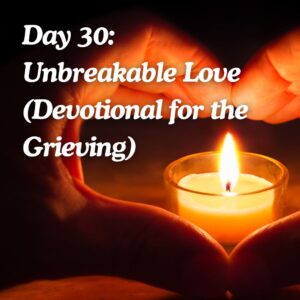 Scripture Reading:
Scripture Reading:
“Jesus then said to them, ‘The light will be among you only a little while. Walk while you have the light, so that darkness may not overcome you. Whoever walks in the dark does not know where he is going. While you have the light, believe in the light, so that you may become children of the light.’”
—John 12:35-36 (NABRE)
As we move deeper into Holy Week, Jesus urges us to walk in His light while there is still time. He speaks these words just before His Passion, knowing that the darkness of sin and betrayal will soon seem to overshadow everything. Yet, He reminds His followers—and us—to believe in the light, to remain in Him, and to trust that darkness will never have the final word.
Holy Tuesday challenges us to reflect on our own faith. Do we trust in the light of Christ, even when trials surround us? Or do we let fear, doubt, and sin lead us into darkness? There are moments in life when God’s presence seems hidden, when suffering or uncertainty clouds our vision. In those moments, Jesus calls us to keep walking in faith, trusting that He is leading us even when we cannot see the way.
Judas’ betrayal and Peter’s denial loom on the horizon, yet Jesus continues to call His disciples to remain faithful. He calls us, too, to be children of the light—to hold on to His truth, to live with love and integrity, and to follow Him even when the path is difficult.
As we prepare our hearts for the Passion of Christ, let us ask for the grace to stay close to His light, never turning away, but instead walking with Him in trust and love.
Prayer:
Lord Jesus, You are the true Light that no darkness can overcome. In moments of doubt, fear, or suffering, help me to trust in You. Keep me from being led astray by the darkness of sin, and strengthen my faith so that I may walk in Your light. Make me a child of the light, reflecting Your love to the world. Amen.
Reflection Question:
How can I remain faithful to the light of Christ even when I face challenges or doubts?



